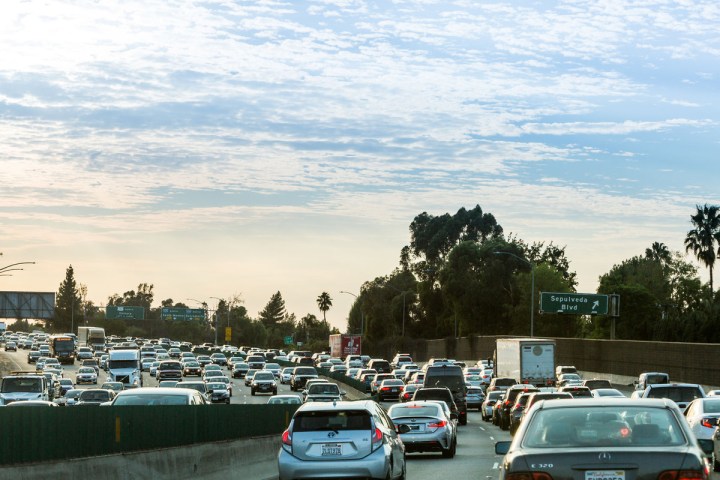
When it comes to zero-emission vehicles, the conversation usually swings between batteries and hydrogen fuel cells. But Australian-Israeli startup Electriq-Global believes there is a third way. The startup is touting a water-based fuel it claims will offer zero emissions with a lower cost and greater range than current battery or fuel cell tech.
Electriq’s fuel is 60 percent water, and releases hydrogen when it reacts with an onboard catalyst. That hydrogen is what actually powers the car. Spent fuel is recaptured and taken to a plant for recycling, according to Electriq.
Refueling is done at a pump, much like a car powered by fossil fuels or conventional gaseous hydrogen for fuel cell vehicles. Electriq estimates that a tank of its fuel will cost $25, which the startup claims is substantially less than filling up with gasoline or hydrogen. But actual savings are difficult to determine, given the number of variables around gasoline-fueling costs (gas prices, fuel tank size, vehicle gas mileage) and the fact that some automakers currently offer large quantities of free hydrogen to fuel cell vehicle customers.
Electriq also claims that its fuel will offer much greater range than existing zero-emission propulsion systems. A claimed 1,000 kilometers (621 miles) per tank handily outperforms all hydrogen fuel cell cars currently sold in the United States. The longest-range battery-electric car in the U.S. is the Tesla Model S 100D, with an EPA-rated range of 335 miles. While Tesla claims to be aiming for 620 miles of range with its planned Roadster sports car, most other automakers are struggling to surpass 200 miles with their battery-powered cars.
That all sounds pretty good but, as with any emerging technology, claims must be taken with a grain of salt. Electriq’s claims are purely hypothetical, as the startup’s technology has not been incorporated into a production vehicle. The technology’s performance in the real world will depend on how it is packaged. Just as the Chevrolet Bolt EV and Nissan Leaf have different ranges despite both being powered by batteries, the car itself will determine the water-based fuel’s effectiveness.
Electriq claims its fuel will work not only in passenger cars, but also in buses and commercial trucks. Yet the startup has not discussed any partnerships with automakers to implement the technology. Even if a powertrain using the water-based fuel can be made production ready, there will still be the matter of building infrastructure, including fueling stations and plants to manufacture and recycle the fuel. Slow creation of infrastructure has largely limited fuel cell cars to California. Developing a new technology is one thing, implementing it is another.


